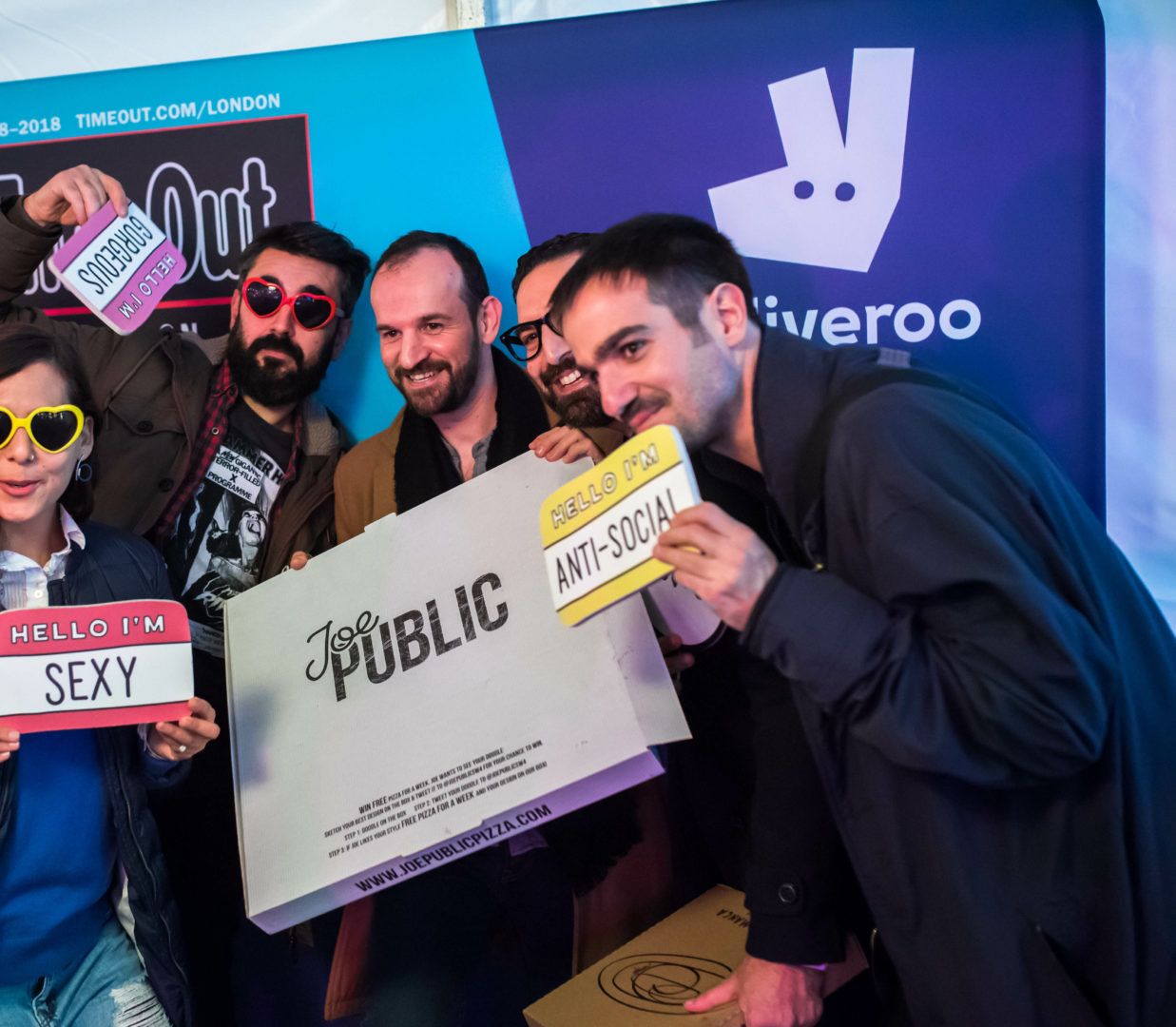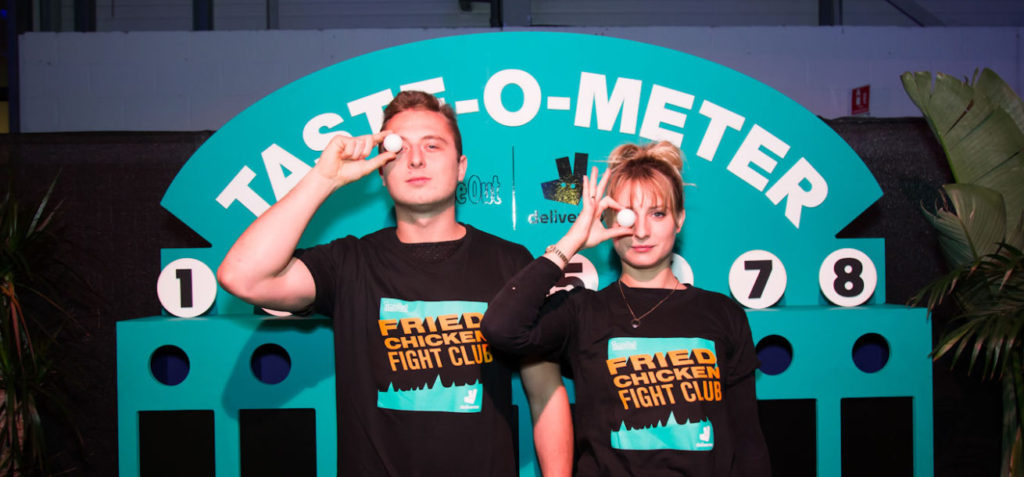
The ubiquity of data is no new phenomenon and major news stories relating to big data are as regular as ever. Historically, the handling of big data required significant IT infrastructure and investment, with specialized expertise and equipment. Such requirements kept it exclusively in the hands of major industries like banking and telecoms. However, personal data is becoming evermore accessible as individuals start to take ownership of their digital selves.
Wired magazine (1), coined the phrase ‘quantified self’ to refer to the increasing occurrence of self-monitoring and analysis, be it through apps, coding courses, open-source data or wearables. There’s seemingly no limit to how much we can analyze now, from our heart-rates, diet, sleeping patterns, spending habits, reading history and even happiness.
As of November 2018, there were “over 260,000 health and wellbeing apps in the Apple store” and according to Mintel, smartwatches hit an estimated four million in 2017, up 18% on the previous year, and an estimated 20% of Brits are “using wearable technology to measure their steps (2)”. Growth in the UK has been modest, worldwide, smartwatches grew 88% to 141 million in 2018 YOY (3).
Whilst benefits such as increased self-awareness may seem obvious, it’s not without two significant potential pitfalls. The first is nothing new. Professional data handling still requires major IT infrastructure, most easily tackled by large companies. Profit combined with personal data will always raise eye-brows, and the introduction of GDPR aims to give the public some level of peace of mind although how effective it is is yet to be seen. However, it’s not all nefarious and shadowy from brands. The Apple Heart Study is a collaboration between the tech-giant’s available data and Stanford Medicine, aiming to increase the accuracy of identifying irregular heart rhythms (4).
The second, is more focussed on individuals. With great data comes great accountability, and it’s down to each person to properly interpret and understand their data to avoid any erroneous self-diagnoses or false conclusions. The term ‘cyberchondria’, referring to people over-diagnosing their symptoms based on Google searches and alike, has been coined in recent years. For individuals, there looks to be a degree of recognition that a more fruitful relationship with their data can come as a result of upskilling, with online searches for things like ‘coding courses’ reaching an all-time high in July 2018 as people look to avoid this pitfall.
It seems ‘lifelogging’ is here to stay and some people are starting to see the benefits of being ‘data driven’, but remember the golden rule if you’re going to dive into your data yourself: correlation does not equal causation!
1.https://www.forbes.com/sites/stevenrosenbaum/2015/05/17/the-quantified-self-measuring-to-curate-your-life/#22fc67055ab5
2.http://www.mintel.com/press-centre/technology-press-centre/sales-of-fitness-bands-and-smartwatches-approach-four-million-devices
3.https://www.statista.com/statistics/538237/global-smartwatch-unit-sales/
4.https://www.apple.com/newsroom/2017/11/apple-heart-study-launches-to-identify-irregular-heart-rhythms/
5.https://gadgets.ndtv.com/tv/news/apple-airpods-upgrade-trademark-filings-1943252








Recent Comments